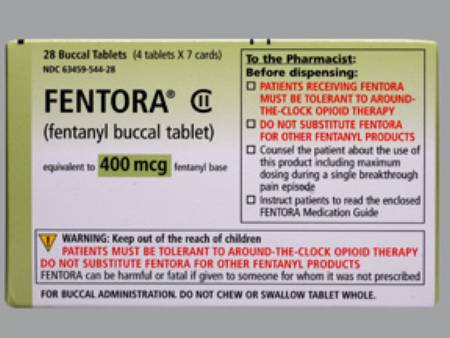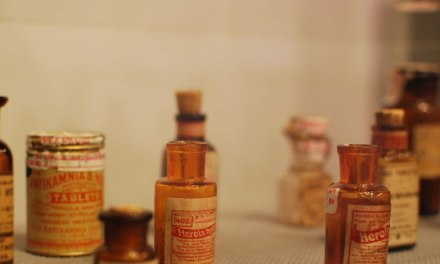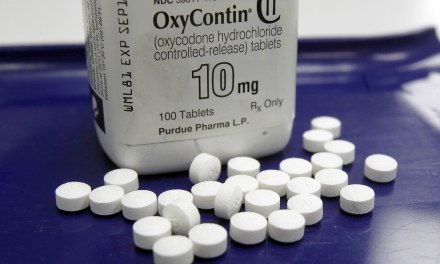A few weeks ago, I wrote about an important California decision that appeared to free several major opioid makers and distributors from liability for their role in creating, fostering, and perpetuating the prescription painkiller epidemic of the past few decades.
Now comes another decision, this time in New York, that appears to uphold the plaintiffs’ case on these same issues. It involved an Israeli firm that refused to settle with plaintiffs even after others, including giants such as McKesson and Johnson & Johnson, had done so. Teva was a holdout.
Teva fueled opioid addiction in New York, jury finds
Both the California and NY decisions are crucial because they’re part of setting all-important precedents for the more than three thousand similar lawsuits that are already lined up and waiting their turn.
If I were an investor in one of the defendant corporations, I’d certainly consider moving my money someplace safer. Unless they’ve got a COVID vaccine or treatment in the pipeline, I suppose.
One thing that surprised me: How many so-called Big Pharma firms depend depend largely on the revenue from one or two ‘big winner’ products to support the whole enterprise. There are a lot of costly ‘misses’ in the drug development arena, I’m told.
Anyway, as the Reuters article emphasizes, the defendants are already preparing an appeal. As always, there’s more lawyering to come.
A couple thoughts on this New York decision.
First, it was from a jury, not from the bench. Makes a big difference in many cases. Juries are less interested in subtle legal distinctions than a judge can be.
Second, there was considerable attention paid to the defendant firm’s heavy promotion of off-label prescribing of their opioid products. Definition: Prescription by physicians of a drug for a disorder or condition other than that for which the drug has been approved by the FDA. For instance, the use of ivermectin for treatment of COVID-19 related illness. Some hospitals have refused to allow their physicians to use this drug, based on the lack of evidence that it works. Nonetheless, some physicians promote it based on their own experience. In the opioid case, off-label prescribing was apparently a big factor in the rapid expansion of opioid use for chronic pain.
Third, there was concern over the aggressive promotion of opioids to physicians, in the name of growing corporate revenue. From the article: “…a parody video made for a Cephalon sales meeting in 2006 in which the villain, Dr. Evil from the Austin Powers films, talks about promoting the drugs for non-cancer pain, and another video, based on a courtroom scene in the film “A Few Good Men,” in which a Cephalon employee tells a lawyer played by Tom Cruise that he “can’t handle the truth” about what sales representatives need to do to meet quotas.” That’s more than a little scuzzy, in my opinion.
I can imagine how a jury might react to those videos. There’s a phrase from Hamlet that may apply: hoist on their own petard. Meaning literally, “blown up by your own bomb.”












